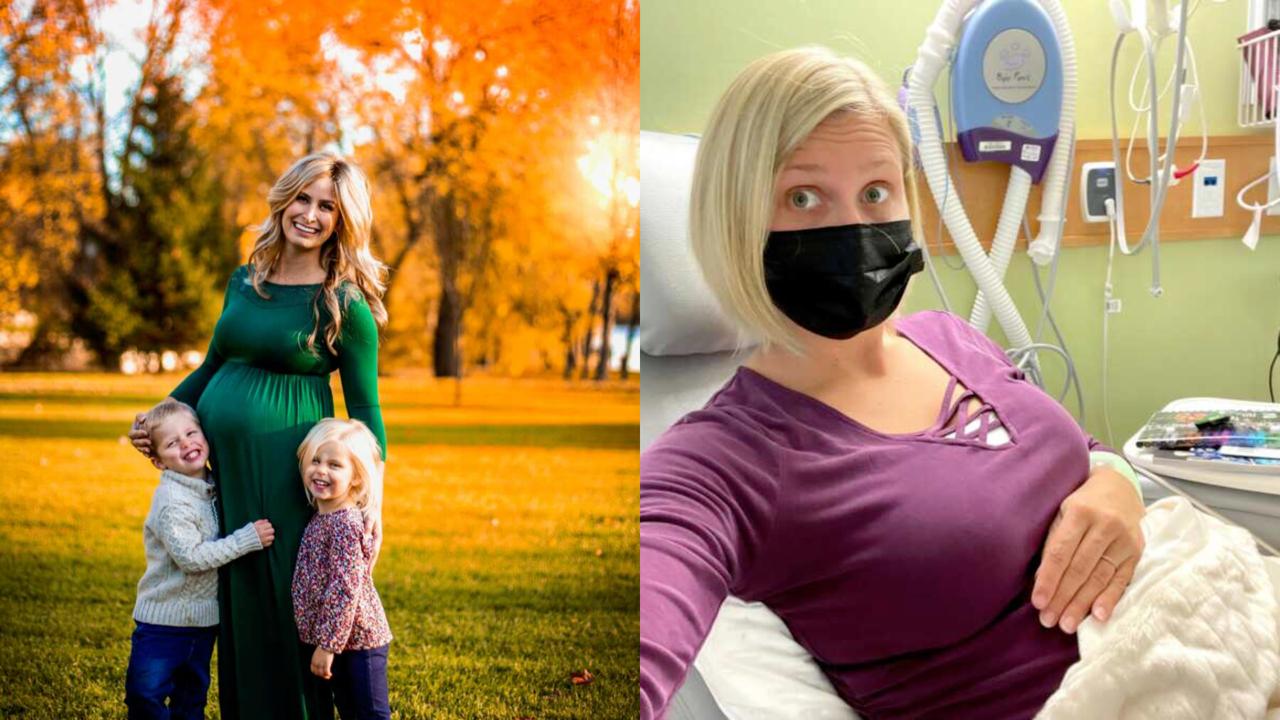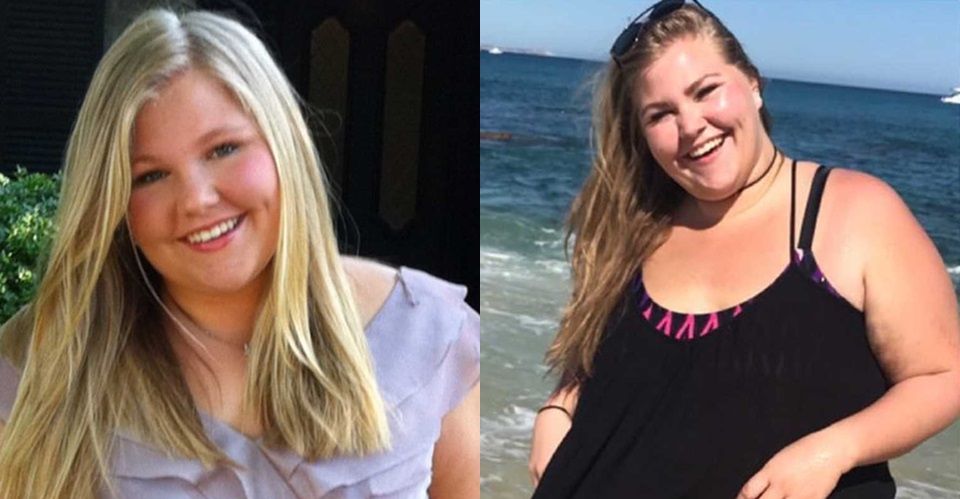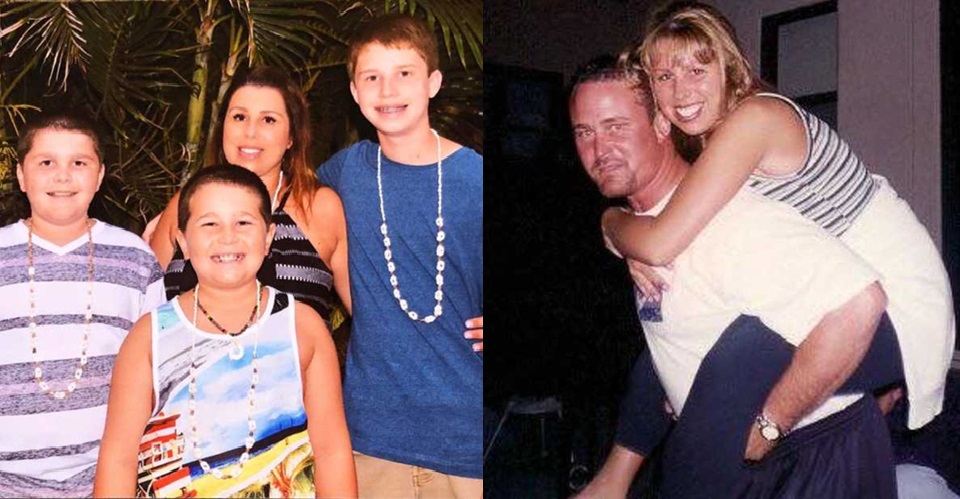It was supposed to be a wonderful year. The year we would complete our family. In May, we learned our IVF transfer was successful, and we were thrilled about welcoming our third child. With our first pregnancy being high-risk twins, we expected this one to be simpler. We thought we could slow down and enjoy the experience more with just one baby. We believed this pregnancy would be “normal.” But it wasn’t.

Early on, I noticed swelling in my left underarm. I had experienced the same thing after my first pregnancy, and back then, doctors said it wasn’t serious. We assumed it was the same situation again. Still, my doctor suggested I get it checked. With the busyness of summer and caring for twins, the appointment wasn’t for a couple of months. I didn’t worry. I thought, it’s probably nothing.

When September arrived, it was time for the scans. The medical team offered me a mammogram in addition to the ultrasound, explaining that the low radiation was safe during pregnancy. I chose both since it was my first mammogram and the exposure was minimal. They asked for extra images because of calcifications. I didn’t think much of it, calcifications sounded harmless.
The next day, they asked me to return for a biopsy. No one seemed alarmed, and I didn’t feel concerned either. I chalked it up to pregnancy changes and left without asking questions, planning to follow up the next day.

My husband offered to come with me, but I told him it wasn’t necessary. We had so many IVF appointments already; I didn’t want him to miss more work. I truly believed it was nothing. During the biopsy, I realized I might have underestimated the situation. The doctors discussed more imaging that could affect my baby, and I understood then that they were worried. I called my husband, and we decided to wait for the results before doing any further tests.

Holding my phone the entire time, I texted him everything I heard. “They are talking to me like I have cancer,” I wrote. Finally, I gathered the courage to ask, “Should I leave here expecting I have cancer?” The answer was terrifying: “Yes, I would.”
At 32, alone and 22 weeks pregnant, I wasn’t prepared. Everything felt like a blur. I left the hospital numb, barely breathing, unable to process it. I waited until I was outside to call my husband. The fear hit me fully, and the tears flowed.
The next five days were the longest of my life. We tried to keep busy, going to baseball games and dinners, hoping the radiologist had made a mistake. But on Monday, the call came. It was breast cancer. My husband and I were on our way to meet the oncologist, but I was grateful for the moment to prepare myself.

Arriving at the cancer center, reality hit. Walking up the stairs, I saw a young woman wearing a hat where her hair should be. That image made everything real. Meeting the oncologist brought more answers. We immediately learned the baby’s future was secure. Chemotherapy could be safe in the second and third trimesters.
Further scans would have to wait to protect the baby, but another biopsy confirmed one mass about 8.5 cm in size. Treatment would require chemotherapy and a mastectomy. Though it wasn’t the news I wanted, having a plan brought comfort.

Chemotherapy began, and I had to go alone. Watching the nurses prepare the drugs and administer them into my body was frightening and emotional. I avoided researching side effects, choosing to experience them without fear of expectation. I dealt with dizziness, fatigue, and eventually hair loss. My husband shaved my head, and our twins witnessed it. Seeing their fear broke me. Hair had been part of my identity, and losing it felt like losing control.

Through it all, I focused on being present for my kids. I didn’t want cancer to steal those moments. Extra scans ensured the baby was safe after each infusion. Despite my exhaustion, we reached a milestone: pausing chemo to deliver our son at 36 weeks. Seeing his healthy head of hair brought tears and relief.

After three weeks of recovery, I resumed treatment. The next phase would last twelve weeks, with weekly infusions. Side effects like numbness in hands and feet were expected. After chemo, I will have a mastectomy and possibly radiation. Future treatments will also focus on hormone suppression to prevent recurrence.

This journey has taught me so much about strength, patience, and perspective. Life moves forward, even when it feels paused. We can’t control everything, but we can control how we face it. I’ve learned to let go of small worries and cherish what matters. My story is a reminder that even in fear, hope, love, and family make the journey meaningful.











